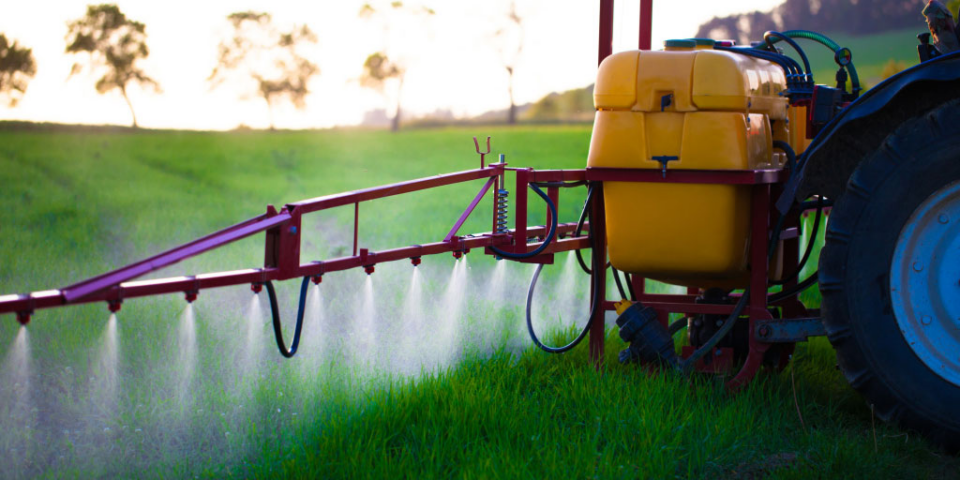Industry leaders and stakeholders from the agricultural sector across West African nations convened for the “Information and Exchange Workshop” in Accra, Ghana, marking a significant milestone in the operationalization of the West African Pesticide Registration Committee (WAPRC).
This event, which aimed to tackle regulatory challenges and encourage collaboration, was praised by experts as a critical step toward harmonizing pesticide registration systems within the ECOWAS and Sahel regions.
Organized by the Institut du Sahel (INSAH) of the Inter-states Permanent Committee for Drought Control in the Sahel (CILSS), in partnership with ECOWAS and the West African Economic and Monetary Union (WAEMU), the workshop is part of ongoing efforts to streamline pesticide regulatory processes across West Africa and the Sahel.
Eric Bentsil Quaye, Director of Plant Protection Regulatory Services in Ghana, represented the Minister for Food and Agriculture and emphasized the workshop’s importance in enhancing agricultural productivity in the region. He stated, “While pesticides play a crucial role in improving agricultural productivity, we must recognize the importance of regulating them due to their hazardous nature and the potential health and environmental risks associated with their misuse.”
Mr. Quaye highlighted the region’s challenges in food production, noting that only 60% of local rice demand is currently met. He also pointed to the detrimental impacts of climate change and pest infestations, which lead to a 40% annual loss in potential agricultural yields. “In some countries, between 70% and 90% of pesticides sold in the market are not registered,” he remarked, underscoring the urgent need for coordinated regulatory action at the subregional level.
Prior to Mr. Quaye’s remarks, Dr. John Kingsley Krugu, Executive Director of the Ghana Environmental Protection Agency (EPA), and Dr. Sylvain Nafiba OUEDRAOGO, Deputy Executive Secretary of CILSS, provided welcome addresses that set the context for the operationalization of WAPRC.
The workshop builds on initiatives from the 2018 Pesticides Cooperation Agreement between ECOWAS, WAEMU, and CILSS, which designated CILSS as the leader of the WAPRC. This meeting in Accra follows a previous session in Abidjan in July 2022, where participants concentrated on post-registration pesticide monitoring and addressing the backlog of unregistered and obsolete chemicals.
Ghana’s agricultural strategy, particularly the Planting for Food and Jobs (PFJ) II program, was also discussed. The government aims for a 13% self-sufficiency in food production by the end of 2024, despite challenges from a severe drought in 2024. The government has allocated GH¢8 billion in relief for affected farmers and remains optimistic that these initiatives will help stabilize the sector.


